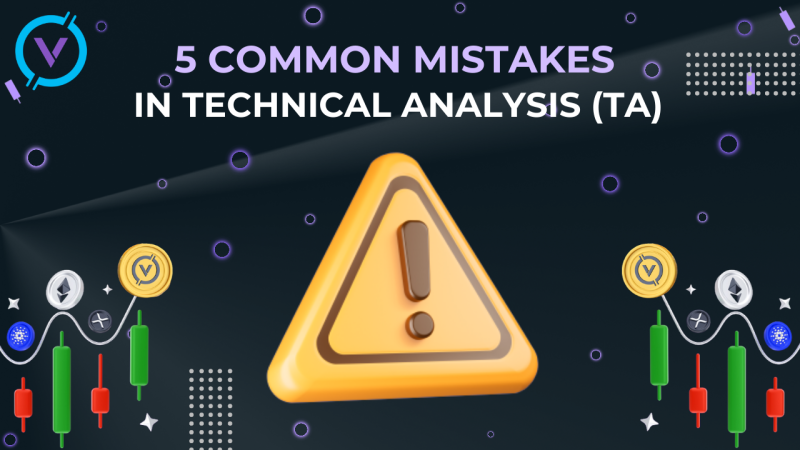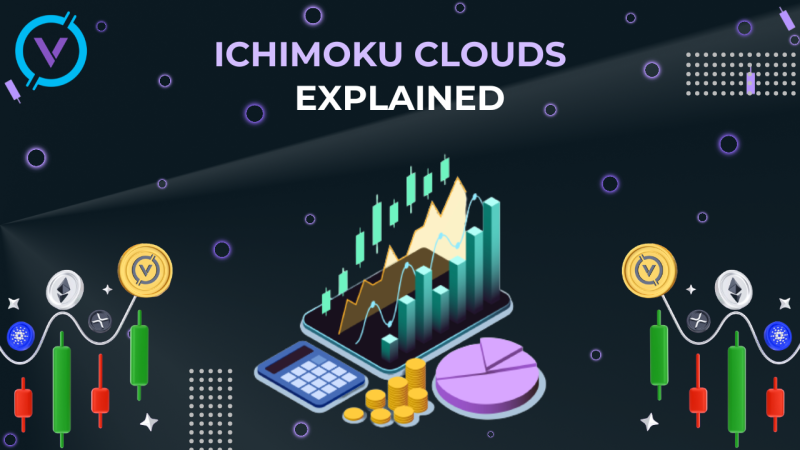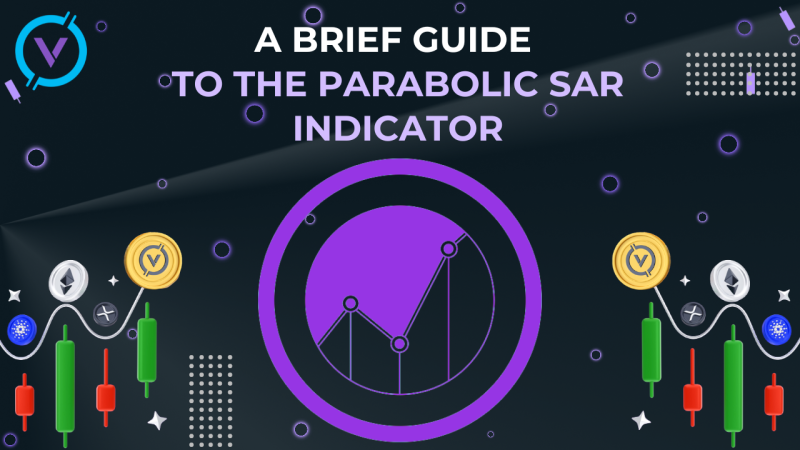About Mining in Short
We have already discussed Proof of Work blockchains and today we are going to speak about mining, which is known as a part of the security of PoW. There is no need for the center of authority, but there is a possibility of securing crypto networks.
At the dawn of Bitcoin's appearance, any person could say that the difficulty of mining was low. It was due to the reason that if you had a personal computer, it was easy for you to compete with different people (also miners) so as to find out a valid hash for the next blocks. It was cool, because no one needed a special computer to mine at that time.
Without any doubt, if we have a more powerful computer that competes the most hashes a second there will be much more blocks.
What does a mining pool mean?
A mining pool is used to guarantee a really steady stream of revenue to its members. Good hardware can lead people further and further. Unfortunately, the possibilities of the situation when people actually mine a block is not highly probable, although people spent a much money on their equipment and electricity.
There is a way out, do not worry, please. In this case, just try a mining pool! Depending on one’s money flow and donation into hardware and electricity, the ‘solo mining’ method could be a feasible strategy.
The work of Mining Pools
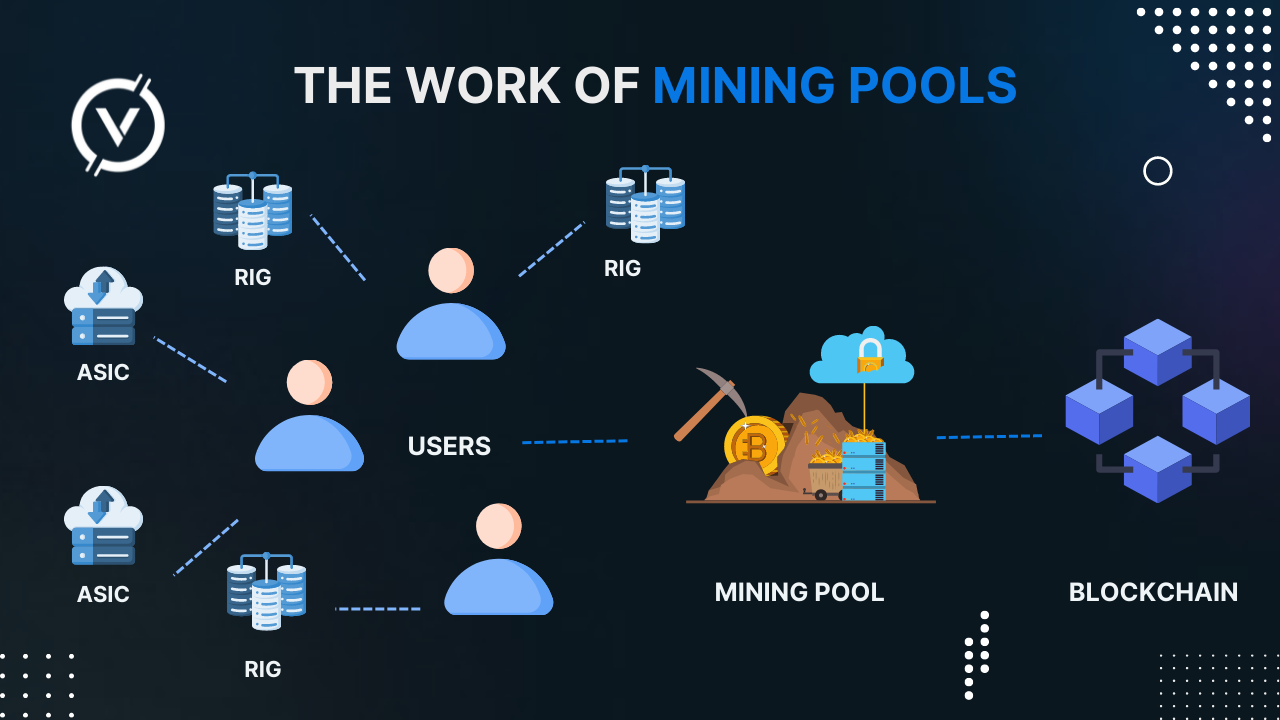
As a rule, a mining pool makes an organizer that is responsible for arranging the miners. There will be confirmation that the miners are operating with various values for the time being in order not to waste hash force by trying to make similar blocks.
The organizers will be in charge of sharing the rewards and giving them out to the people. Of course, there are a lot of ways concerning calculations of the work done by miners and to reward them correspondingly.
Pay-Per-Share mining pools
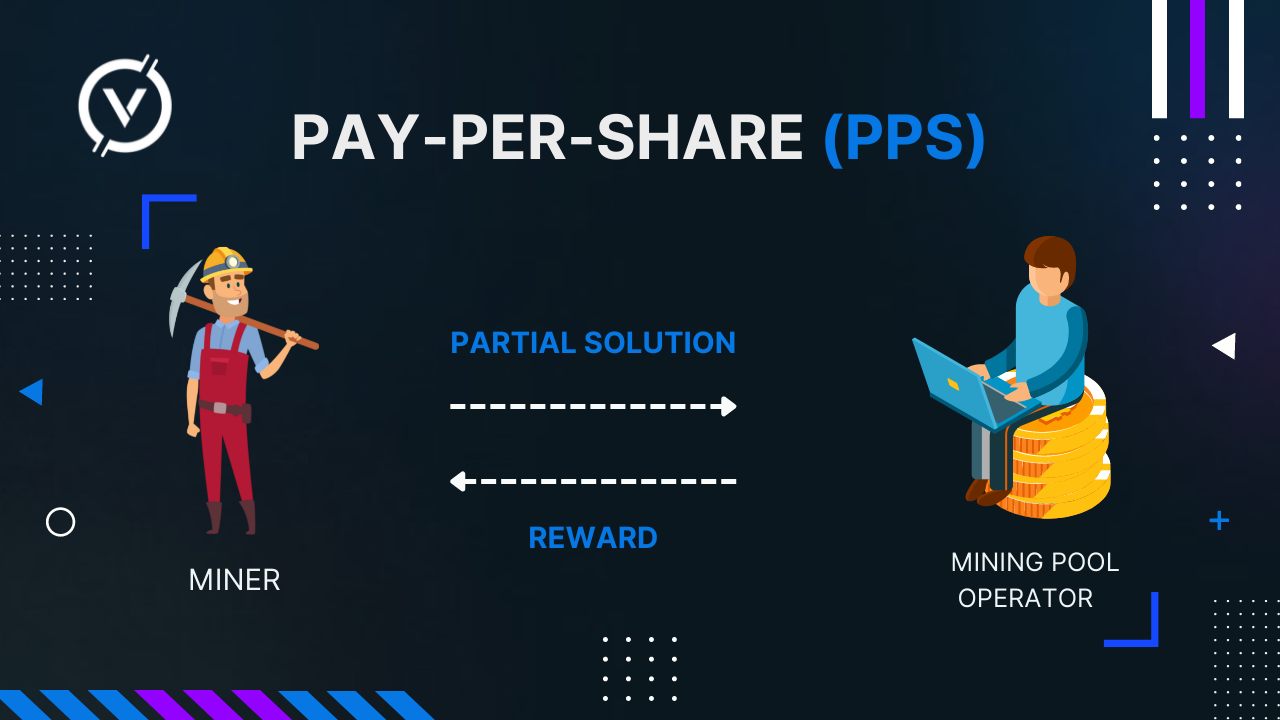
Have you heard of the most useful and common payout scheme, which is called Pay-Per-Share (PPS in short)? The great point of this system is that people will get the exact amount each time they ‘share’.
Let’s dive into the definition of ‘a share’. A hash is necessary for monitoring the work of miners. The sum given out during each share is nominal, but it can be bigger in the future. Please mind that a share is not a valid hash in the network. It is the hash that is appropriate for conditions set out by the mining pool.
In Pay-Per-Share, people get rewards despite solving a block by pool. Of course, the pool operator can be under risk, so they will probably charge a considerable fee – it can be in advance from the users or from the final block reward.
Pay-Per-Last-N-Shares mining pools
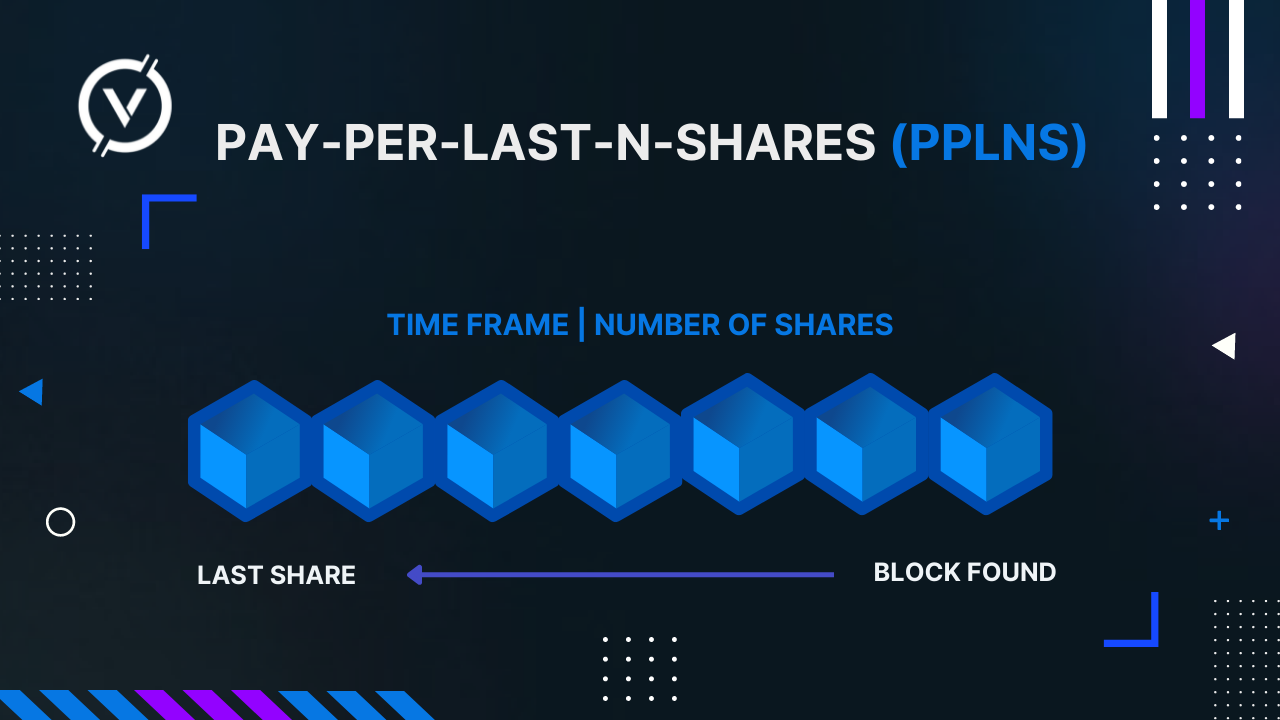
Pay-Per-Last-N-Shares (PPLNS) is really a creative and popular method! If the pool mines a block without any problems, miners will be given rewards in this case. If the pool discovers a block, it searches for the last X sum of shares sent (X can be different regarding the pool). If people want to receive their payout, it splits the number of shares people have done by X. Afterwards it will multiply the achieved result by the block reward.
Is decentralization afraid of mining pools?
It should be mentioned that pools do not always possess the equipment for mining. Organizations place their own equipment to the coordinator’s server, but they are free to migrate to different pools. In general, both the participants and arrangers want to make the system decentralized. The fact is that they only can earn money if mining stays profitable.
In history we can find some situations when some pools have grown to a really panic size. As a rule, miners that belong to one pool are eager to minimize the hash rate.
Closing part
The time of the first mining pool passed a long time ago. This ecosystem is changing every single day. In addition, it is for the better, for sure. These changes can be profitable for a lot of miners if they want to receive them. They can be highly beneficial for miners that wish to get a more dependable bonus. Everyone can find any method to his/her taste!
Of course, if we had the ideal world, Bitcoin mining would be decentralized. Nowadays it is partly decentralized. It is up to you: would you like to live in the ideal world?
